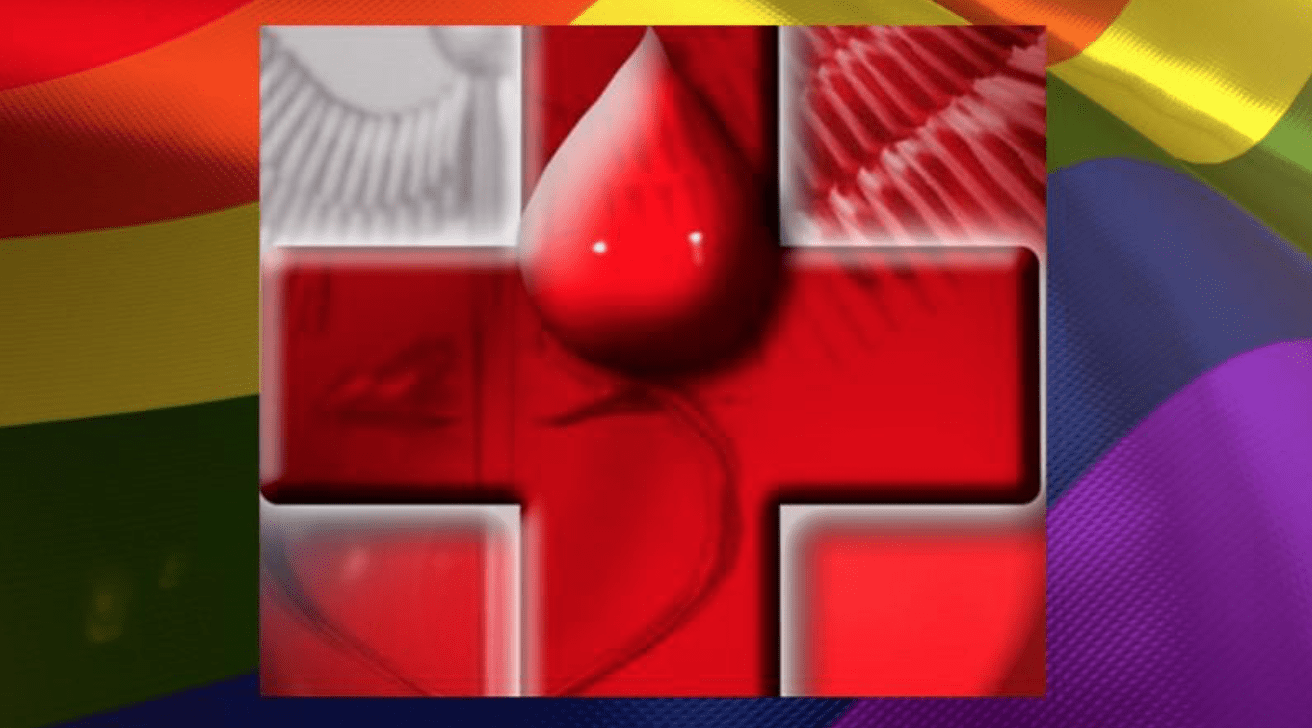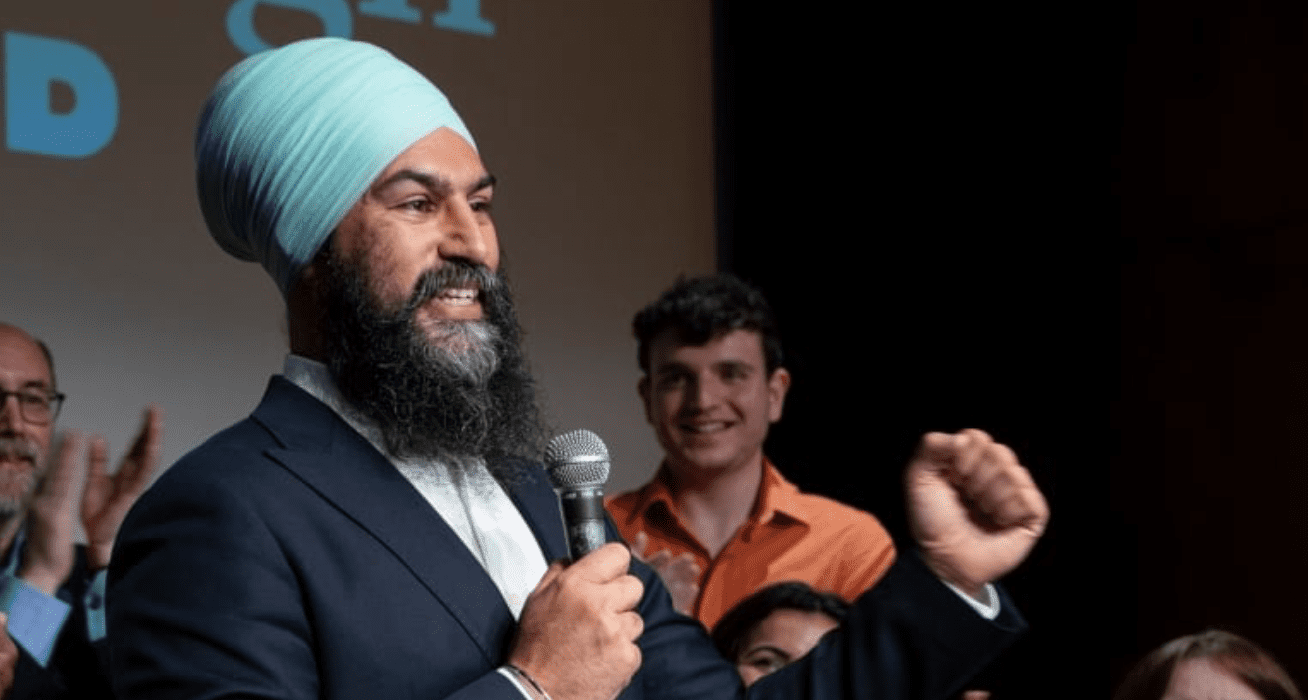The Liberal Party distraction machine hasn't exactly operated at full capacity this year. Overworked throughout the SNC-Lavalin scandal and nearly driven to shutdown by Ethics Commissioner Mario Dion's report, it took nearly two full weeks before producing a story that shifted everyone's focus to Conservative leader Andrew Scheer. Finally, last Friday, someone poked the old girl with a broom handle and she got moving at last.
The distraction in question was a clip of a speech Scheer gave in the House of Commons in April 2005, outlining his opposition to same-sex marriage (hereafter called SSM to spare my fingers), which was legalized that same year. Scheer declared that no matter whether or not SSM were made legal, marriage "in reality" would remain a strictly heterosexual institution, since only straight couples can bear children. Why he believes this feature of heterosexual marriage is more "inherent" than any of the others is less clear. Whatever you might think of the substance of his argument, he ultimately arrived at it for two reasons: religious, as he is a devout Catholic himself, and political, as it was (according to him) the will of his constituents.
Does any of this matter today? All he has said lately is that SSM is a settled issue and he has no interest in revisiting it with legislation, nor does most of the rest of his party. That's cold comfort to LGBTQ Canadians who believe the Conservatives do not have their best interests at heart. They have made efforts to build trust with this community, mostly condemning acts of blatant discrimination in places like Russia and Brunei and it's not exactly a profile in courage to call Vladimir Putin homophobic.
Which brings us to the Liberals, specifically Public Safety Minister Ralph Goodale, who first shared the 2005 speech. It didn't take long before he was beset by critics pointing out his own history of voting against pro-LGBTQ legislation. Unlike Scheer, of course, Goodale has very clearly changed his tune, if only to avoid being a pariah on his own bench. But if his intention was to make the overall Liberal record look better, he chose the wrong framing not just because of his previous record, but because of his party's current one.
As of this writing, men and trans women are forbidden from donating blood if they have had sex with a man in the preceding three months. The waiting period used to be one year until Health Minister Ginette Pettipas Taylor announced the reduction in May. Despite the Liberals' 2015 promise to end the "blood ban" altogether, it was Canadian Blood Services and Hema-Quebec, not the federal government, who initiated the change. In the meantime, countries including Spain, Portugal, and Italy have adopted a blood donation model that screens for dangerous sexual behaviours on an individual, gender-neutral basis.
Switching to this model would not only correct a significant injustice, but potentially improve both the quantity and quality of donated blood, the product of a voluntary and community-oriented act that the Catholic Church happens to support wholeheartedly. LGBTQ Canadians have noticed the Liberal stalling. There's plenty of time for the government to make up for it before the election campaign kicks off in earnest. Apparently they don't think it's worth the bother when fear-mongering against an improbable SSM reversal from the Conservatives costs nothing.
At first, one might view this as an idea the Conservatives can steal for themselves, which even the LGBTQ community would have to admit is an improvement on Scheer's hemming and hawing about SSM. But don't expect them to try it. Any grand gestures of LGBTQ goodwill would be viewed in the Conservative war room as a distraction from their central campaign message of GST-free home heating. Plus, they would reap little benefit, seeing as open LGBTQ voters are more likely to be urban and university-educated and, by extension, Tory-unfriendly. No, the real profit would be for the Liberals, giving LGBTQ voters a reason to go to the polls without making themselves look desperate.
It may seem crude to frame blatant discrimination against LGBTQ blood donors as a source of political profit for anyone. But this is an election year, after all, and pressing an issue just because it's the right thing to do won't take you very far.
Photo Credit: Valley News Live
Written by Jess Morgan










